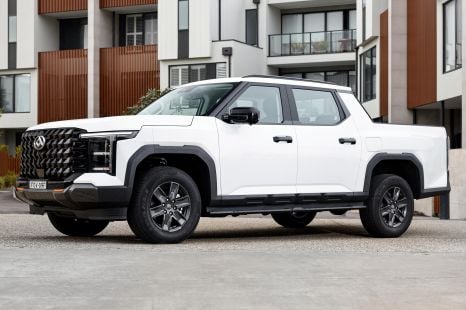

Damion Smy
3 Days Ago
Hertz is slowing down the roll out of EVs onto its fleets as the CEO cites higher than expected repair costs and price cuts.

Contributor
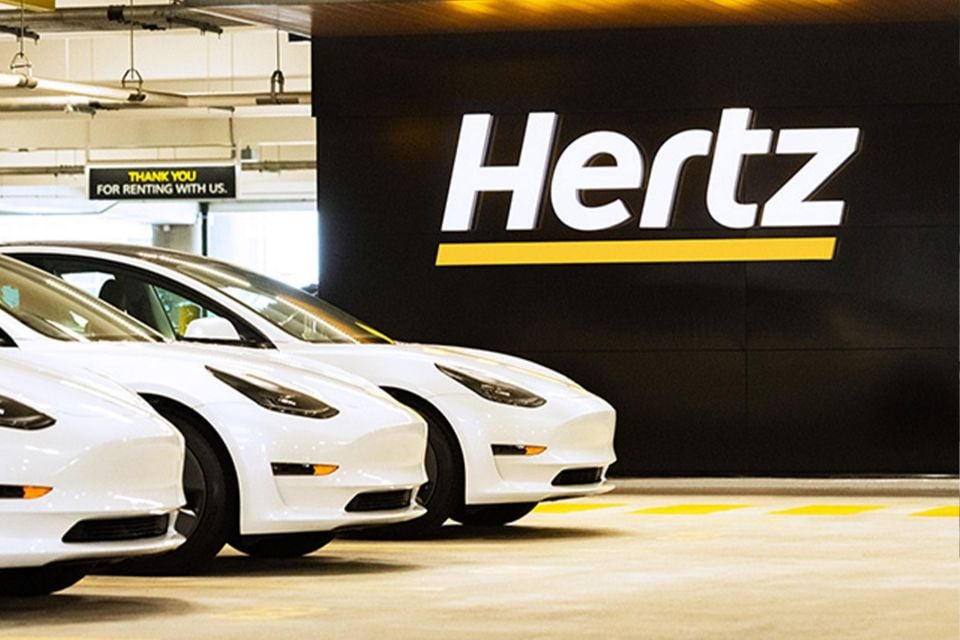

Contributor
US-based rental car company Hertz announced back in 2021 it was ordering 100,000 Tesla electric vehicles (EVs) by the end of 2022, though in reality it’s still far from this number.
As reported by CNBC, Hertz currently has only 50,000 EVs in its fleet, with 35,000 of them being Teslas.
Hertz Global CEO Stephen Scherr said during the company’s recent third-quarter earnings call that “our in-fleeting of EVs will be slower than our prior expectations”.
Around 11 per cent of Hertz’s entire global fleet comprises EVs currently, however the company won’t reach the previously stated goal of 25 per cent by the end of 2024.
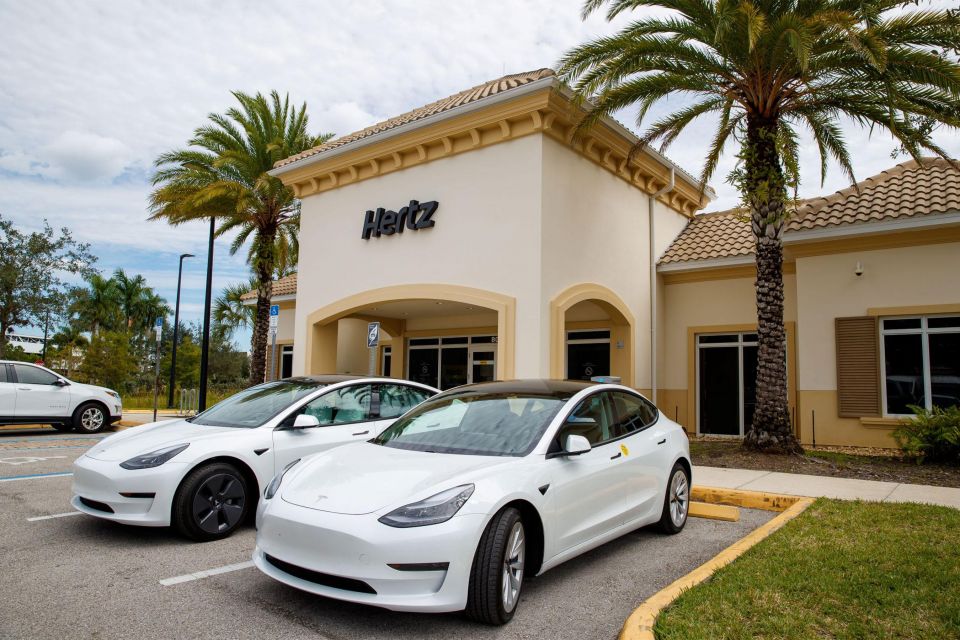
The rental car company reported lower than expected margins in the third quarter of this year, citing EV repairs as one of the challenges.
“Collision and damage repairs on an EV can often run about twice that associated with a comparable combustion engine vehicle,” said Mr Scherr.
“Our direct operating expenses remained controlled in the quarter as they grew with transaction volume.
“On a unit basis, we achieved productivity gains across most categories of auto. The exception remained vehicle damage costs, particularly those on our EVs, which we are addressing in a very targeted way.”
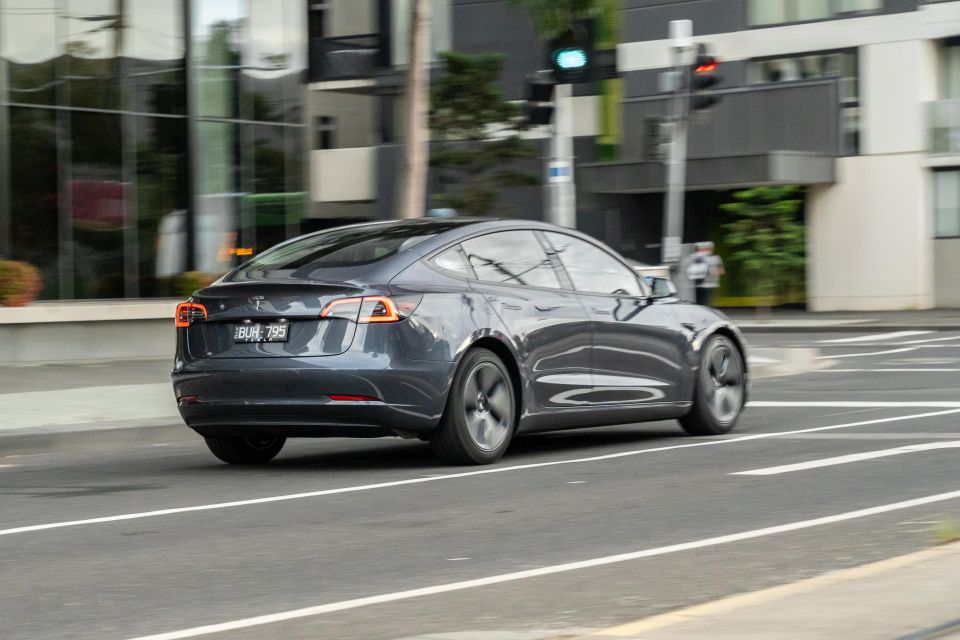
Mr Scherr added another reason why Hertz is slowing down its electrification rollout is due to price cuts.
“The MSRP declines in EVs over the course of 2023, driven primarily by Tesla, have driven the fair market value of our EVs lower as compared to last year, such that as salvage creates a larger loss and therefore greater burden,” said Mr Scherr.
Hertz claims it’s still staying “committed” to buying 100,000 Tesla cars, as well as 175,000 EVs from GM. It also inked a large-scale deal with Polestar which has seen the Polestar 2 added on Australian fleets.
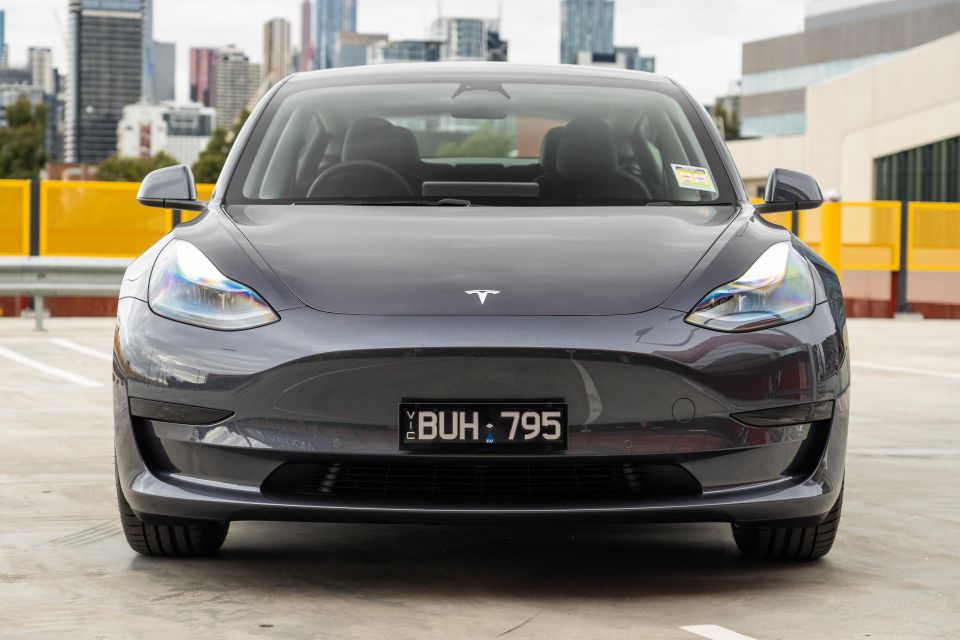
“Our focus and our work with Tesla is to look at the performance of the car so as to lower the risk of incidents of damage,” said Mr Scherr.
“And we’re in very direct engagement with them on parts procurement and labour and the like.”
As Hertz purchases EVs from GM and other carmakers in the future, Mr Scherr said the company expects these non-Tesla EVs to have a “lower incidence of damage”, and a “lower cost of parts and labour”.
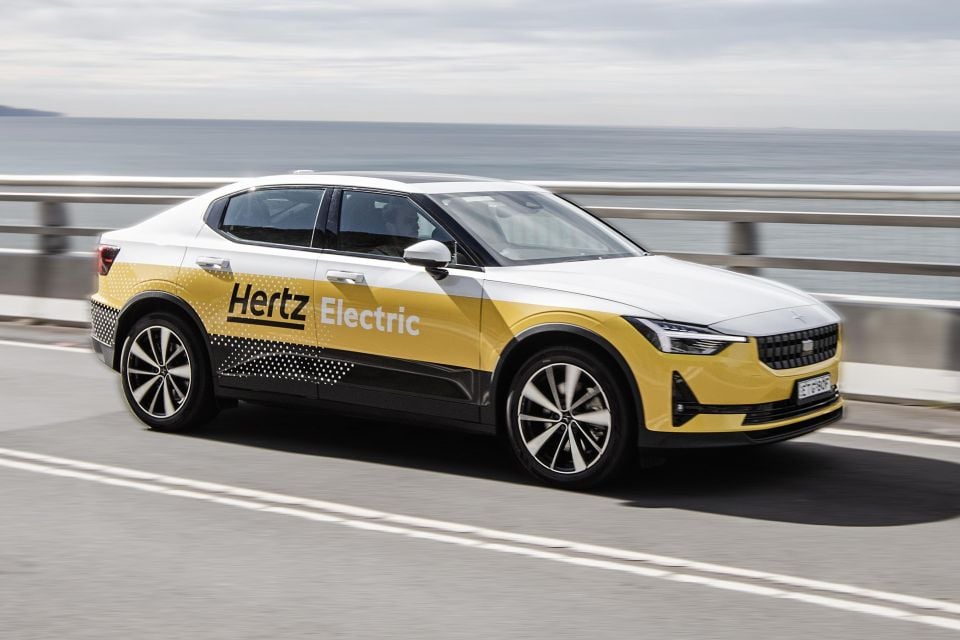
“Remember, in the likes of GM and other OEMs, there’s decades of establishment of a broad national parts supply network,” said Mr Scherr.
“There’s an aftermarket of parts that is there that is less mature obviously in the context of Tesla.”
After Hertz announced its plans to purchase 100,000 Tesla EVs back in 2021 the US EV carmaker hit a US$1 trillion (~A$1.57 trillion) market cap for the first time.
MORE: Tesla valued at $1 trillion, selling 100,000 electric cars to Hertz
Jack Quick is an automotive journalist based in Melbourne. Jack studied journalism and photography at Deakin University in Burwood, and previously represented the university in dance nationally. In his spare time, he loves to pump Charli XCX and play a bit of Grand Theft Auto. He’s also the proud owner of a blue, manual 2020 Suzuki Jimny.


Damion Smy
3 Days Ago
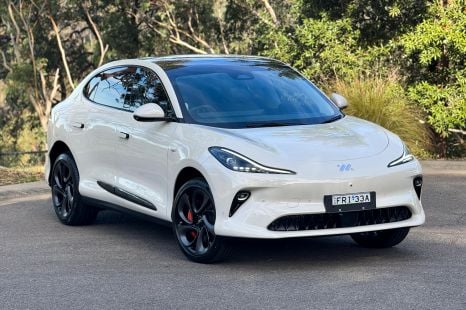

Matt Campbell
2 Days Ago
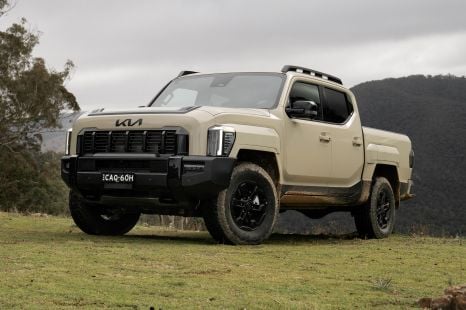

Josh Nevett
1 Day Ago
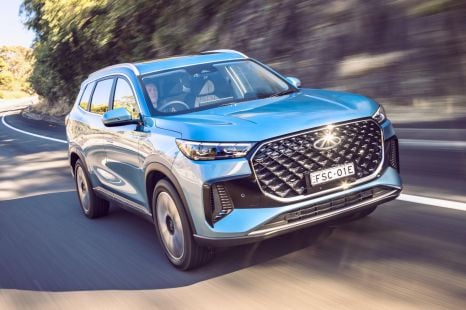

Max Davies
1 Day Ago
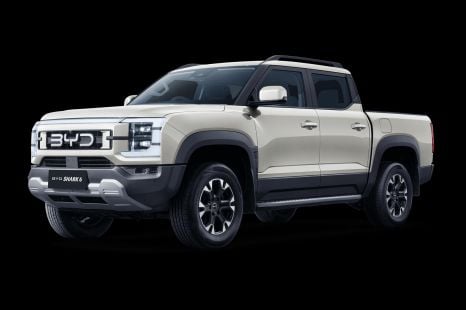

William Stopford
1 Day Ago
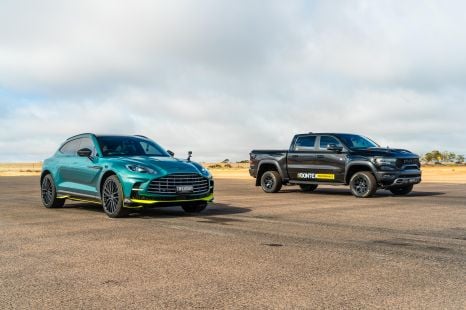

Paul Maric
1 Day Ago